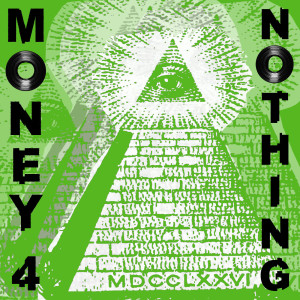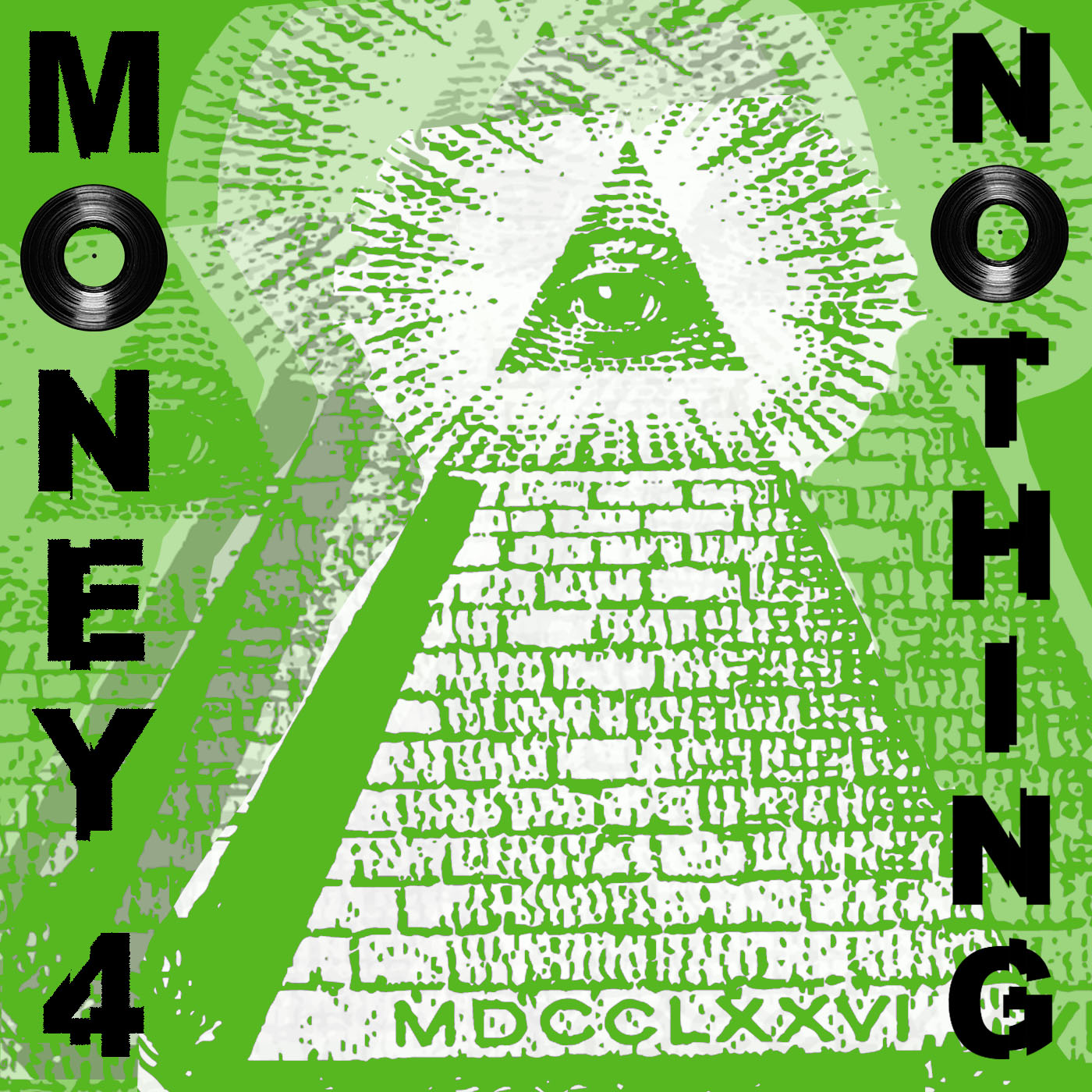Episodes

Friday Jul 21, 2023
Super Fans and Super Strikes
Friday Jul 21, 2023
Friday Jul 21, 2023

Friday Jun 30, 2023
Ambient Music: Functionality and Liberating Potentials
Friday Jun 30, 2023
Friday Jun 30, 2023
"Ambient Music" has seen a renewed interest for reasons that we can only speculate. 2016 election? Increased atomization of individuals? The multi-headed hell-scape of pandemic + climate change + economic woes? Sure. Whatever the reason, the past decade as seen a revival of soundscapes and synths that is both helping us escape from the toils of our everyday and also, more darkly, making us more functional subjects in the service of Capital. Starting from the conceptual ideas of John Cage and Eno's late modernist visions illustrated by 'Music for Airports,' Sam and Saxon attempt to trace a history of contemporary Ambient with a look towards alternative possibilities and potentials that go beyond chill-out rooms and curated mood playlists. Also discussed: the merits of 17th century Harp Music, homemade iPhone field recordings, and the liberating benefits of being inefficient.
Music: Emily Sprague - "Water Memory"

Friday Jun 16, 2023
K-Pop Merger Mania (feat. the Idolcast)
Friday Jun 16, 2023
Friday Jun 16, 2023

Wednesday May 31, 2023
Merlin and What It Means (and Meant) to be Indie
Wednesday May 31, 2023
Wednesday May 31, 2023
It used to be so simple. There were the major labels (all 6 of them, or whatever) and there were the independents or "the indies." Over the 80’s and 90s, a position initially adopted out of economic necessity grew into a distinctive cultural mode, with a host of aesthetic and political dimensions. Now things have changed and being "indie" no longer means the same.
To understand this shift, we take a look at the Merlin Network, powerful grouping of independent labels that banded together to grab a seat (or at least, a half-a seat) at the streaming table. Now responsible for roughly 15 percent of the modern music economy, Merlin has been a tremendous success, allowing independent labels like XL, Domino, Beggers Group and others spanning the globe to continue to thrive in an increasingly hyper-concentrated, almost entirely digital industry. But at what cost? We think through what independence can even mean within platform capitalism—and how the lessons of the past can be repurposed (if at all) to our multi-media future.

Thursday May 11, 2023
The Great Music AI Contradiction (Live at Wavelengths Summit)
Thursday May 11, 2023
Thursday May 11, 2023

Monday Apr 24, 2023
Blurred Lines and the Future of Copyright
Monday Apr 24, 2023
Monday Apr 24, 2023
Five years ago, Robin Thicke and Pharrell Williams finally lost the (musical) lawsuit of the century. Their song, “Blurred Lines,” had been an inescapable summertime hit, a wedding-DJ-standby, and the center of a very Obama-Era debate over whether it was creepy to have a song called “Blurred Lines” in the first place (it was.) Now, it was also found to have violated IP owned by Marvin Gaye’s estate, specifically the classic song “Got To Give It Up”—a brilliant track that VIBED a lot like “Blurred Lines” without sharing much, if any, direct musical DNA. It was a bombshell.
In the years since, the music industry has changed. Songwriters became more cautious, backroom deals were struck, catalogs got bought, and everyone accused Ed Sheeran of stealing their songs. But why was the lawsuit actually decided in favor of Gaye? And what does that tell us about the legal structures that shape modern music? To get a better sense, Saxon and Sam dig into the details of the case, unpacking the epically unmoored nature of modern copyright, the invisible impact of sampling, the music biz negotiations that followed the ruling, and the AI possibilities hurtling at us all. Come to hear us try and remember what 2013 sounded like. Stay for some beautiful—and we mean beautiful—depositions.

Monday Apr 10, 2023
Inside the Algorithm Factory: Music Recommendations (w/ Nick Seaver)
Monday Apr 10, 2023
Monday Apr 10, 2023
In the digital economy, recommendation algorithms get…a LOT of attention. To some, they’re the special sauce behind everything from Spotify’s personalized playlists to Tik Tok’s “For You” page. For others, they represent a dark, vibe-generating demiurge slowly sapping music’s social power. But for all the discussion of how these programs are transforming our world(s), there’s surprisingly little analysis of what—exactly—they are, or how they’re meant to work.
Answering these seemingly simple questions is the goal of Nick Seaver’s new book “Computing Taste,” which explores the identities, goals, and practices of the programmers behind these technologies. Far from Machiavellian manipulators, the coders he describes are surprisingly idealistic music-lovers, desperately trying to analyze an almost infinitely complex cultural practice. Their failures to do so—and the ideologies they adopted as a result—would have enormous implications for the development of digital music, remaking genres, redefining listening, and shaping the platforms at the heart of the modern industry. Put it this way—we’ll definitely never look at a "Discover Weekly" playlist the same way again.

Friday Mar 24, 2023
Streaming in the Dark: No One Knows Anything (w/ Meredith Rose)
Friday Mar 24, 2023
Friday Mar 24, 2023

Tuesday Mar 07, 2023
Spotify Redux (Quiet Threats + Desperate Flailing)
Tuesday Mar 07, 2023
Tuesday Mar 07, 2023

Saturday Feb 18, 2023
Saturday Feb 18, 2023

